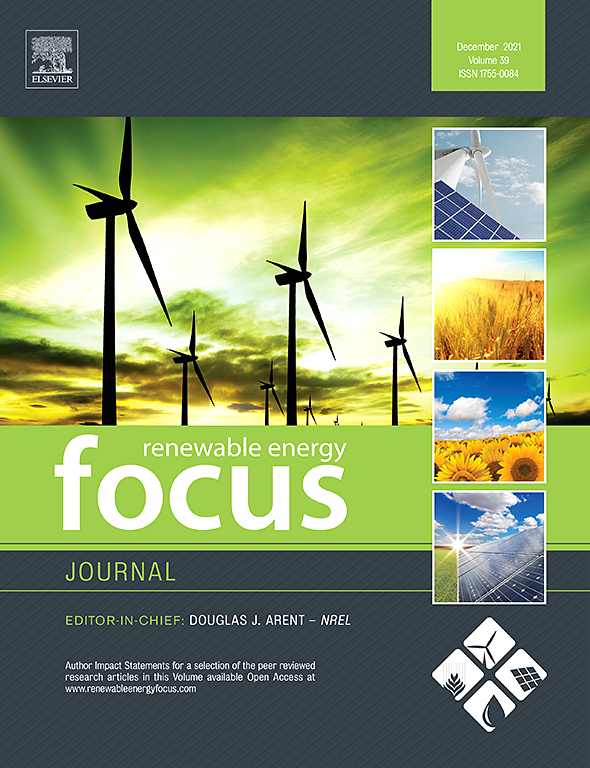Knowledge Hub
Good Practice Case Studies : Bus based Public Transport Systems
2021
Author(s): WRI India
This report documents best practices of successful reforms and initiatives adopted by various State Transport Undertakings in India to scale public transport systems.
Vehicle numbers and freight transport are growing rapidly in India leading to an exponential rise in fuel consumption.

Wireless power transmission wpt for medium power electric vehicle charging applications using renewable resources
2020
Author(s): Peter K Joseph
E-mobility considered being a sustainable solution for environmental pollution and the global warming phenomena resulting from it. Since most of the developing countries are relies on conventional energy sources for electricity generation, integration of renewable energy to the electric vehicle charging holds the key to sustainable transportation.
Expert Elicitation on Paths to Advance Fuel Cell Electric Vehicles
2022
Author(s): Whiston MM, Azevedo IML, Litster S, Samaras C, Whitefoot KS, Whitacre JF
While fuel cell electric vehicles (FCEVs) fueled by hydrogen produced using low-carbon processes could considerably reduce carbon emissions from transportation, FCEVs are produced at low volume, are expensive to manufacture, and lack widespread refueling infrastructure.
Contribution of China’s Online Car-hailing Services to its 2050 Carbon Target: Energy Consumption Assessment Based on the GCAM-SE Model
2022
Author(s): Wu T, Wang S, Wang L, Tang X
This paper estimates the extent to which online car-hailing services will affect China's energy consumption and carbon emissions under several scenarios.

Challenges in the Penetration of Electric Vehicles in Developing Countries with a Focus on Nepal,
2022
Author(s): Mali B, Shrestha A, Chapagain A, Bishwokarma R, Kumar P, Gonzalez-Longatt F
In this paper, various completed projects, challenges, proven policies, and infrastructure development corresponding to EVs in developed countries are meticulously studied to develop a five-factor-dependent plan to efficiently expedite the EV sector in developing countries in general.
Climate and Environmental Impacts of Automated Minibuses in Future Public transportation
2022
Author(s): Huber D, Viere T, Nemoto EH, Jaroudi I, Korbee D, Fournier G
This paper analyses the environmental impacts of electric automated minibuses operated in public transportation systems. The results are based on an environmental life cycle assessment study, which uses data from a minibus producer and field data from several European cities.
Benefits of Electrifying App-Taxi Fleet – A Simulation on Trip Data from New Delhi
2022
Author(s): Rajagopal D, Sawant V, Bauer GS, Phadke AA
Battery electric vehicles (BEVs) look to be critical to improving urban air quality, particularly in less-developed countries where cities are among the most polluted and fastest developing. However, despite sharp price drops in batteries and generous subsidies, BEV adoption in these countries remains low.
EVs Are Fast Winning Over the Hesitant Buyer. Better Charging Infra Will Accelerate It Further
2022
Author(s): Shankar A.
To save mankind from the impending disaster of global warming, the transition of transport away from fossil fuels is critical. The International Energy Agency (IEA) Report of last year on the feasible pathway to net zero by 2050 and restricting global warming to 1.5 degrees envisages the complete switchover in the world to EVs by 2035 and of electricity systems phasing out fossil fuel use around the same time.
How Delhi is Becoming a Lighthouse City for Electric Mobility in India
2022
Author(s): Bhatt A
Most state EV policies have focused on the supply side approach. However, production of vehicles is also linked to their demand, which is where Delhi has innovated.



